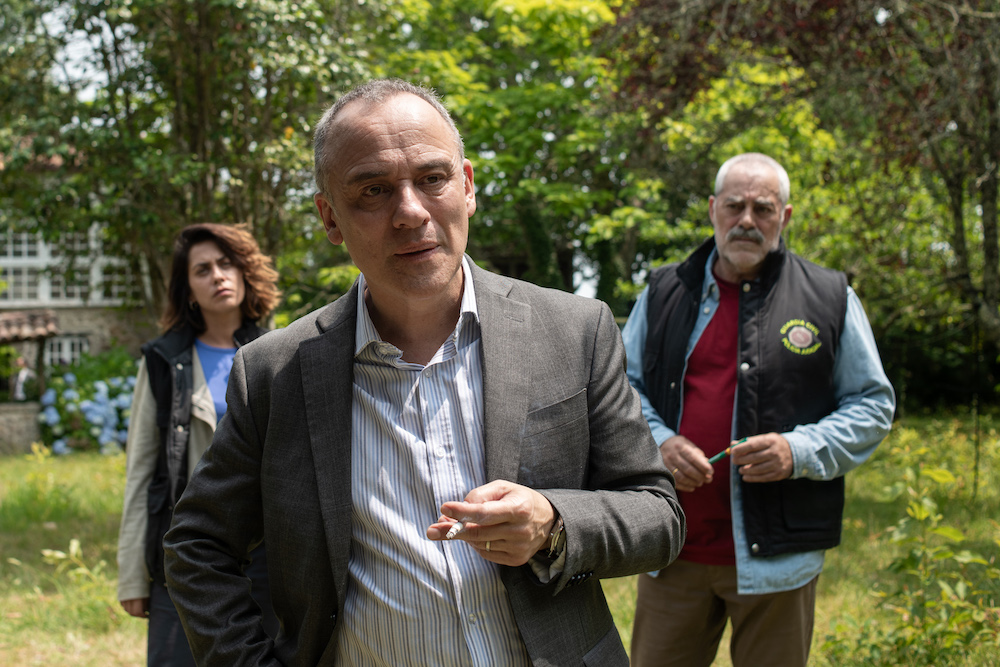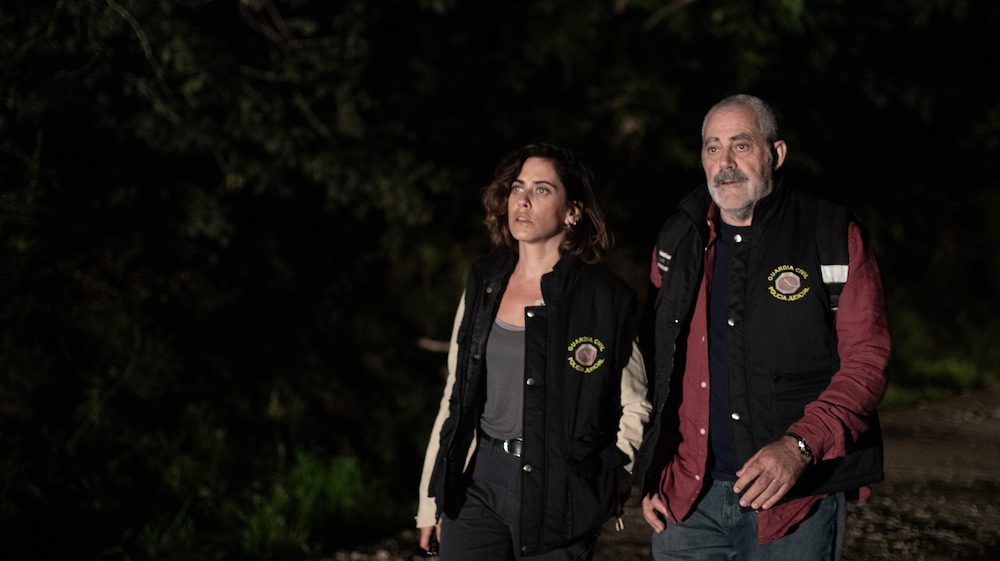Netflix’s ‘The Asunta Case’ presents a retelling of the real-life crime that shook Spain in 2013. When 12-year-old Asunta’s dead body was discovered, and it was revealed that her parents had been arrested for it, a shockwave went through the country and rattled everyone. The police officer involved in the case also had a tough time reconciling the fact that the culprits were the girl’s parents and that they had chosen to have her as she was adopted.
While the show gives us an insight into the life of the Basterra-Porto family, it also presents the case from the perspective of the officers, who, in many ways, are like the audience, uncovering things along the way and trying to make sense of the evidence in front of them. One of the officers heavily invested in the case is Javier Rios, but unlike Asunta and her parents, he is not based on a real person.
Fictional Javier Rios Represents the Real Police Officers in Asunta’s Case
The events portrayed in ‘The Asunta Case’ are based on reality. However, the creators of the show have also resorted to fiction to add more depth to the story. When it comes to the details surrounding the case, the show remains faithful to the truth. However, some creative liberties have been taken to make the plot more concise and easier to present to the viewers. This also includes characters like police officer Javier Rios and Cristina Cruces, both of whom are fictional additions to the show.
This change was necessary because while in the show, Rios and Cruces are the primary investigators who dig up all the relevant details, in real life, things were a bit different. A team of police officers was put on the case, all of whom dedicated their days and nights to finding details, verifying them, and making sure that what they had was good enough to hold in court. If the show incorporated all the real people who worked on the case, it would spread the story too thin. So, the show’s writers decided to create two characters through whom the investigation could become more focused.

Because most of the story unfolds from the perspective of the cops, it was important for the show to get down all the details correctly. They worked closely with the Civil Guard, meeting the actual officers who had worked on the case and looking at everything they found, including the context of those discoveries. One of the officers who had been closely working with the case was Javier Vilacoba, who was present when Rosario Porto and Alfonso Basterra arrived at the police station to file a report for their missing daughter. He was also the one who broke the news of their daughter’s death to them. Reportedly, before Asunta’s death was confirmed, Vilacoba had a smoke with Alfonso outside his apartment building, where the victim’s father revealed that he believed his daughter was dead but, hopefully, not raped.
All the officers involved in the case presented their testimonies during the trial, where they helped build a case against Asunta’s parents. But for the show’s writers and actor Carols Blanco, who plays Javier Rios, it was important to present the events from an objective point of view. They were more interested in giving the audience clues and letting them theorize what really happened rather than giving a neat answer tied with a bow.
Another thing that Blanco highlighted was the story’s focus on parenthood. On one hand, we see Asunta’s parents, who are crucified while claiming innocence in their daughter’s death. While the audience wonders how, if at all, the couple could have killed their daughter, the show presents other sides of parenthood to balance the darkness of the story. For Javier Rios, that balance comes with his young granddaughter, who is around the same age as Asunta, and makes the whole thing even more distressing for him as he puts himself in the shoes of the victim’s parents and tries to comprehend what may have been going on in their minds. The actor’s intention was to present a realistic sense of the tug-of-war in his character’s mind, not just as a police officer but also as a parent, reflecting the thoughts clashing in the minds of the audience.
Read More: José Antonio Vázquez Taín: Where is the Judge of Asunta’s Case Now?


You must be logged in to post a comment.